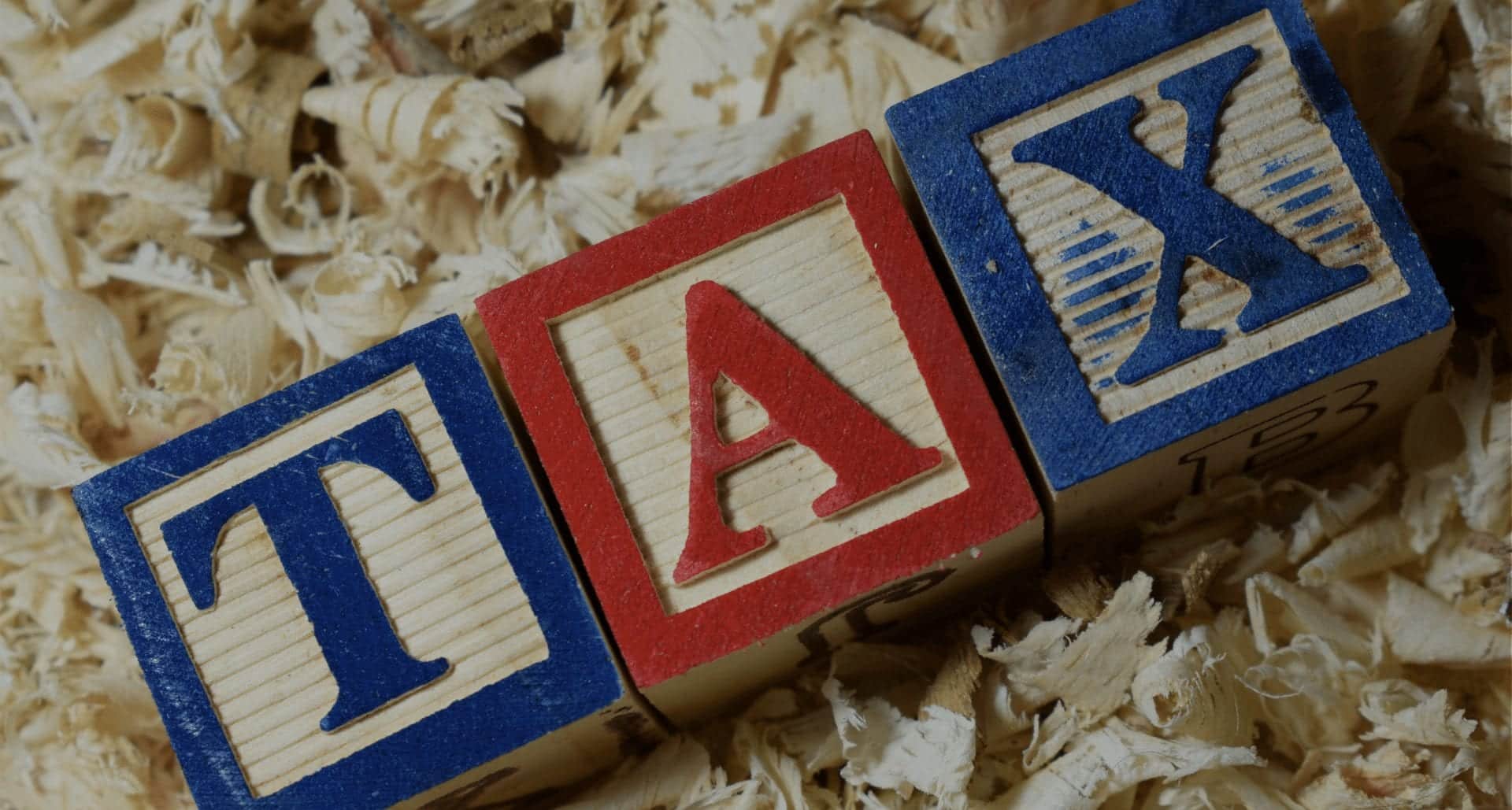Stop an IRS Levy and Asset Seizure


When the Internal Revenue Service or IRS sends a notice for a bank levy, you don’t have much time left. You only have 21 to 30 days to address the situation. If you choose to ignore it, your bank will freeze your financial resources and send the money directly to the IRS.
When this happens, your financial situation will be severely hampered. You won’t have money to sustain your daily expenses especially utility bills and mortgage payments.
A bank levy is not the only action by the IRS. They can also seize your assets. The IRS can take hold of your personal or business properties and sell it through auctions through the issuance of a lien.
To defend yourself against these actions, you and your tax attorney have to address the situation directly with the IRS. Hopefully you can arrange a friendly payment plan which will not limit your way of life.
Stopping Levies and Seizures
Time is not on your side in the midst of a bank levy and asset seizure. You should file for a short stay of execution which will request a Collection Due Process Hearing. This will give you thirty days to negotiate with the IRS for alternative means to pay your tax debts.
The points you present in the CDP hearing vary based on the situation. For instance, you may argue that a levy will prevent you from working and ask for a payment plan. Or if the IRS has proposed seizing assets from an alter ego, you could argue against the alter ego doctrine.
It may be too late if the IRS levy takes effect. If the IRS will get funds from your bank account to pay your tax liabilities, it will be unlikely that you will be reimbursed. Act immediately to avoid this from happening. Here are some solutions you can choose to secure your financial freedom:
- Verify the seizure. There is still room for the IRS to make mistakes. So upon receipt of the IRS levy intent, you should consult an IRS representative to verify the details of your tax liabilities if they are really true. It’s also a good idea to seek the help of a tax professional or the local Taxpayer Assistance Center.
- Set Up a Hearing. You have a right for a fair hearing to discuss your situation before a bank levy or asset seizure is enforced. File Form 12153 to request a hearing where you can show evidence that the assessment of your tax liabilities is in error.
- Seek the Help of an Attorney. You can represent yourself in a hearing or you can hire a tax lawyer. But for the purpose of an incoming bank levy, you will fare better with an attorney. You can also fill out Form 911 to request advocate assistance if you don’t know one.
- Negotiate a payment method. You can avoid levies and seizures if you can negotiate with the IRS. If the IRS sees your good faith that you will pay your tax debts, various payment methods can be arranged to fit your paying capabilities.
Alternative Methods of Settling Debt
- Pay your back taxes. Back taxes are often the root of IRS levy and seizure intents. If you pay all your unsettled debts within the allotted time, the lien on your properties will be removed. Levies and liens are stressful ways to pay your debts so find a way to pay your outstanding balance. Borrow money from friends and family, sell your assets or refinance your home in order to help offset your debt.
- Explain your financial hardship. The IRS can understand extreme economic difficulty. If you can prove your case to the IRS that levying your bank account will only cause more financial burden, then you may become eligible for Currently Not Collectible status. This will help give you some time to seek the help of a tax professional to create a reasonable payment plan.
- Secure an Offer in Compromise. With the help of a tax professional, you may settle for an Offer in Compromise. This entails paying a lesser amount than what is originally owned. This may be a compromise but it is a win-win situation because the IRS will receive back the original amount owed and they will get a guarantee that you will be paying your taxes faithfully.
We Can Help You No Matter Where You Live.
Our New York tax law firm offices are located in New York State but we are able to help you in any state across the country. We can work with you no matter where you live. Mr. Hart is licensed to deal with the IRS in every state in the entire country.

 Timothy S Hart, the founding partner of the tax law firm of Timothy S. Hart Law Group, P.C. is both a New York Tax Lawyer & Certified Public Accountant. His area of expertise includes innovative solutions to solve your Internal Revenue Service and New York State tax problems, including tax settlements through the Federal and New York State offer in compromise programs, filing unfiled tax returns, voluntary disclosures, tax audits, and criminal investigations. [
Timothy S Hart, the founding partner of the tax law firm of Timothy S. Hart Law Group, P.C. is both a New York Tax Lawyer & Certified Public Accountant. His area of expertise includes innovative solutions to solve your Internal Revenue Service and New York State tax problems, including tax settlements through the Federal and New York State offer in compromise programs, filing unfiled tax returns, voluntary disclosures, tax audits, and criminal investigations. [ 




